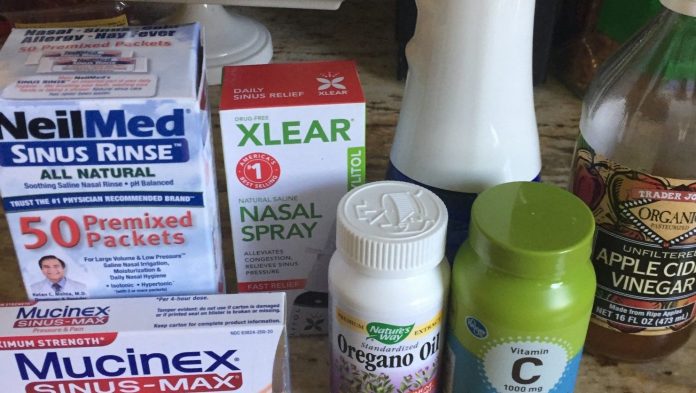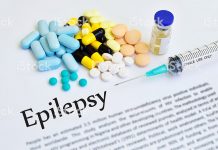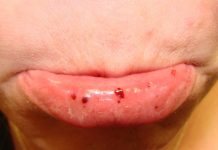If your sinusitis symptoms are especially severe, medication may be necessary. Sinus infection medication is meant to clear any infection caused by bacteria, relieve the pressure you are feeling, and reduce inflammation. Depending on your condition, you can take one, or mix some medications. If you are self-medicating, always be careful and read instructions provided with the drugs.
There are several different medication options available to help with your symptoms:
- Antibiotics – these kill the bacteria in your sinus. amoxicillin with clavulanate and cefdinir are generally used together.
- Decongestants – this helps reduce swelling in the mucous membranes which help relieve pressure. Afrin or Neo-Synephrine are used.
- Analgesics – these are painkillers. Ibuprofen or Acetaminophens are used.
- Corticosteroids – these can help reduce the inflammation in your nasal passages. Beconase or Nasonex are used and generally come in nasal spray form.
- Mucolytics – these thin out your mucous making clearing your nose and sinus a lot easier. Robitussin is used.
When on a course of antibiotics, remember to finish out what the doctor prescribes you. Stopping your course early can lead to the infection remaining. If your infection is caused by bacteria, antibiotics should be successful. You will notice an improvement within 3-4 days.
If you are a sufferer of chronic sinusitis you may have to take a 3 or 4-week course of antibiotics. Unfortunately, symptoms can last for up to 12 weeks, and without adequate medication, they can just return. If you have chronic sinusitis, you may also have to visit an ENT or an ear, nose, and throat doctor – an otolaryngologist.














